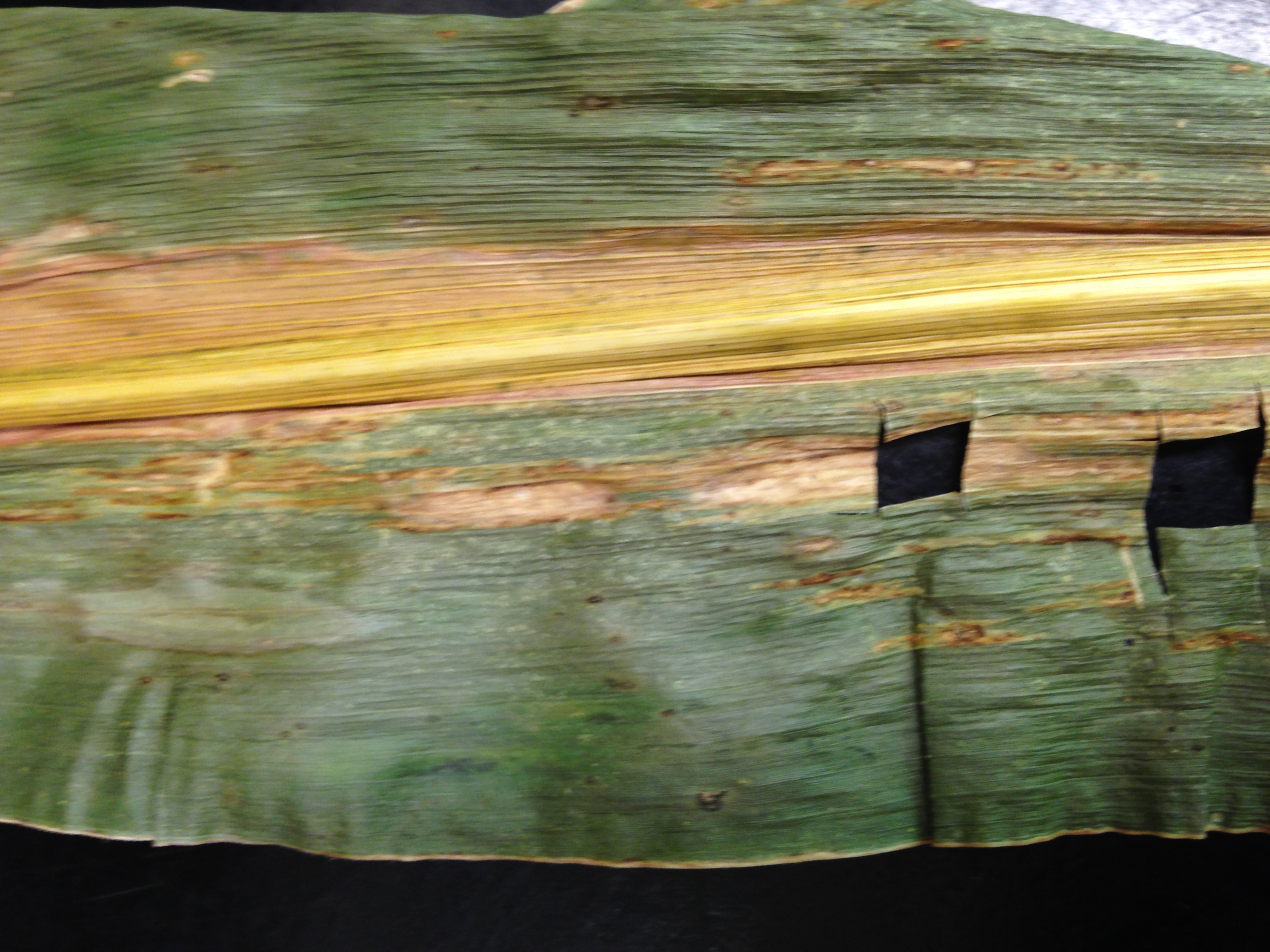Advertise Follow Us
Articles Tagged with ''Illinois''
Less Tillage Could Save Illinois Farmers $9 Million, Reduce Nutrient Loss
The research comes as the state reports an increase in 2019-20 Mississippi River nutrient loads.
Read More
Stalk Roller Links Residue Breakdown with No-Till Benefits
Manufacturer says by sizing corn stalks into small-but-connected pieces, the 360 Chainroll can increase microbial activity through faster residue decomposition and create a ‘virgin’ seedbed.
Read More
Cover Crops Key To Storing More Soil Organic Carbon
No-till practices alone may not sequester as much organic carbon in soil profiles as previously thought, but seeding cover crops could help rebuild it, says University of Illinois researcher Ken Olson.
Read More




-(1).jpg?height=125&t=1651091749&width=150)








